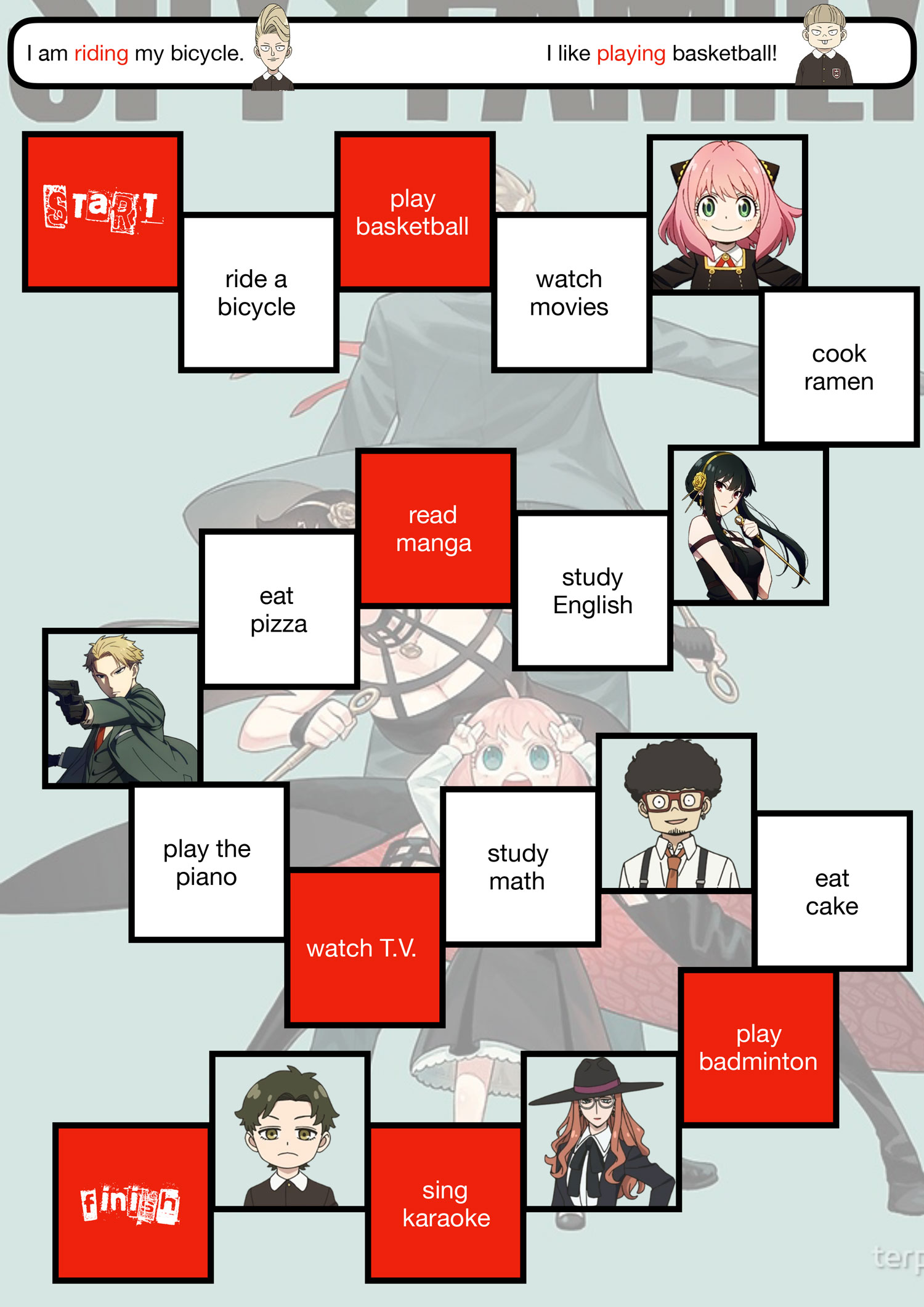Can -Affirmative and Negative – Presentation
Subject
Can – Affirmative and Negative. – I can dance. I can’t draw well. I can’t breathe. I can do CPR well.
Presentation Preview
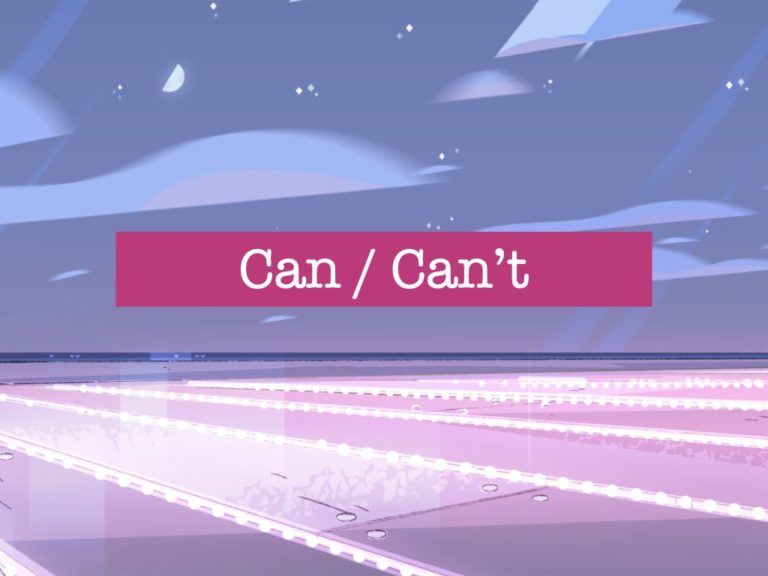
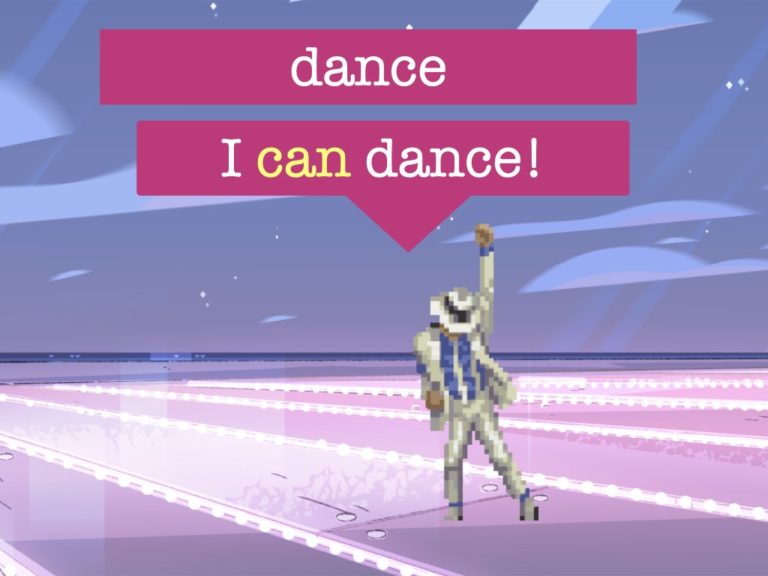





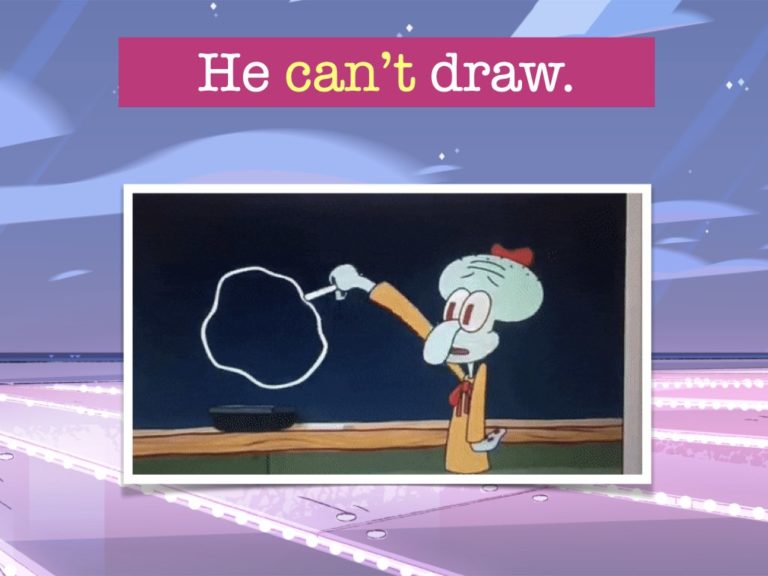






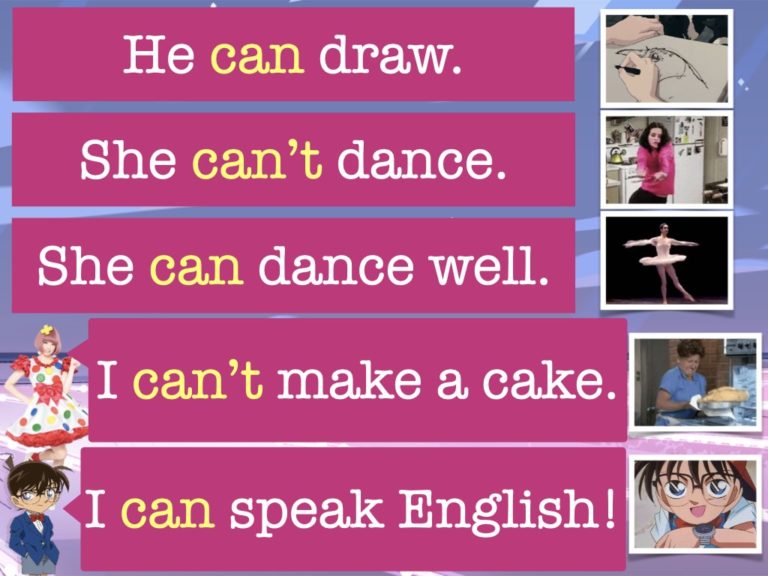
Description
This presentation is all about Can. Specifically with the Term DANCE and DRAW. Those two verbs I feel like are not used enough so I made an example out of them.
I also made a point to show case “well,” as in “She can dance well.” This also uses a crude but effective sliding scale to showcase what the intended meaning is of well. And before I forget, there is a short clip of Conan the Detective speaking English.
More about this
Lot’s of gifs. Woo! If you are a hip cat you should note the amazing Michael Jackson gif from his infamous video game, Moonwalker. Also, I did include an amazing clip from Soul Train. Ah Soul Train, what a decade the 70’s were. Amirite?
When it comes to the first “draw” section (in the presentation), it can be a little confusing. The gif shows some anime character (unknown to me at this time) drawing a crow. When asking the students “What’s this?” many of them will say “カラス” or “crow.” What I wanted to get out of them was the action or verb, “draw” or “drawing”. Drawing is fun and it’s an interesting topic. Plus visuals for it are awesome.
You are probably wondering, “Why are you using draw?” To be frank, I am in a current battle with my students to find the true meaning of can. I wanted to use the verb “draw” because everyone can draw. It may or not be good, but you can muster up a stick figure if your life depended on it.
The battle here is when I ask a student “Can you draw?” they will inevitably say “No.” hmmm.
“Can you play soccer?”
“No.”
“Can you speak Japanese?”
“No.”
“Can you breathe?”
“えとう….no?”
(I know this presentation topic is about the “Can” in the affirmative and negative. NOT the question and response, but my battle goes hand-in-hand for this lesson and the next.)
For some reason, the word can has become synonymous with the word “professional.” I understand that it is the culture to be humble and never say you are good at a thing. But can has a different value. Can means to be mentally or physically able to; know how to; Be permitted to by feeling or conscience; be made possible or probable by circumstances. Yes, I can play soccer. BUT I am complete garbage at the sport. Yes, I can sing, BUT have you ever heard a trombone falling down the stairs? In other words, I am able to do play soccer and I am able to sing. This is why it was important for me to include this “I can/can’t ___ well” scale to help push that point home. But even then, many of my students absolutely freeze when I ask them the can question.
Alas, there is one thing for sure, I can’t convey these things because my Japanese is just not good enough. As a work around for this, in the following activities or questions you throw at your kids. Use the following poster:

Teach those kids to lie to your face and all of the sudden, WHOOOSH everyone CAN!
“Hey, can you eat an elephant?”
“YES, I CAN!”
“Can you fly to the moon?”
“Yes, I CAN!”
“Can you breathe?”
“Ummm….No, I can’t?” Then the student faints to the floor.
My mother suggested I use another word, such as fib. Lie to us native English speakers carries a moral code to it. However, in Japanese, it doesn’t carry that weight. I have showed my fellow teachers this sign and they have been all thumbs up about it. There is a nice definition of the term “to lie” found in this link here.
Regardless, I want them to use the English language to the best of their ability. If the student is hung up on whether he can or cannot play baseball, they might never even try to use the language. But give the kid the ability to have a laugh, “I can eat a zebra.” then the limitations are let loose and it may encourage that kid to move forward with his studies. Maybe one day they will write a book in English called “My ALT taught me to lie and now I can’t stop.”

